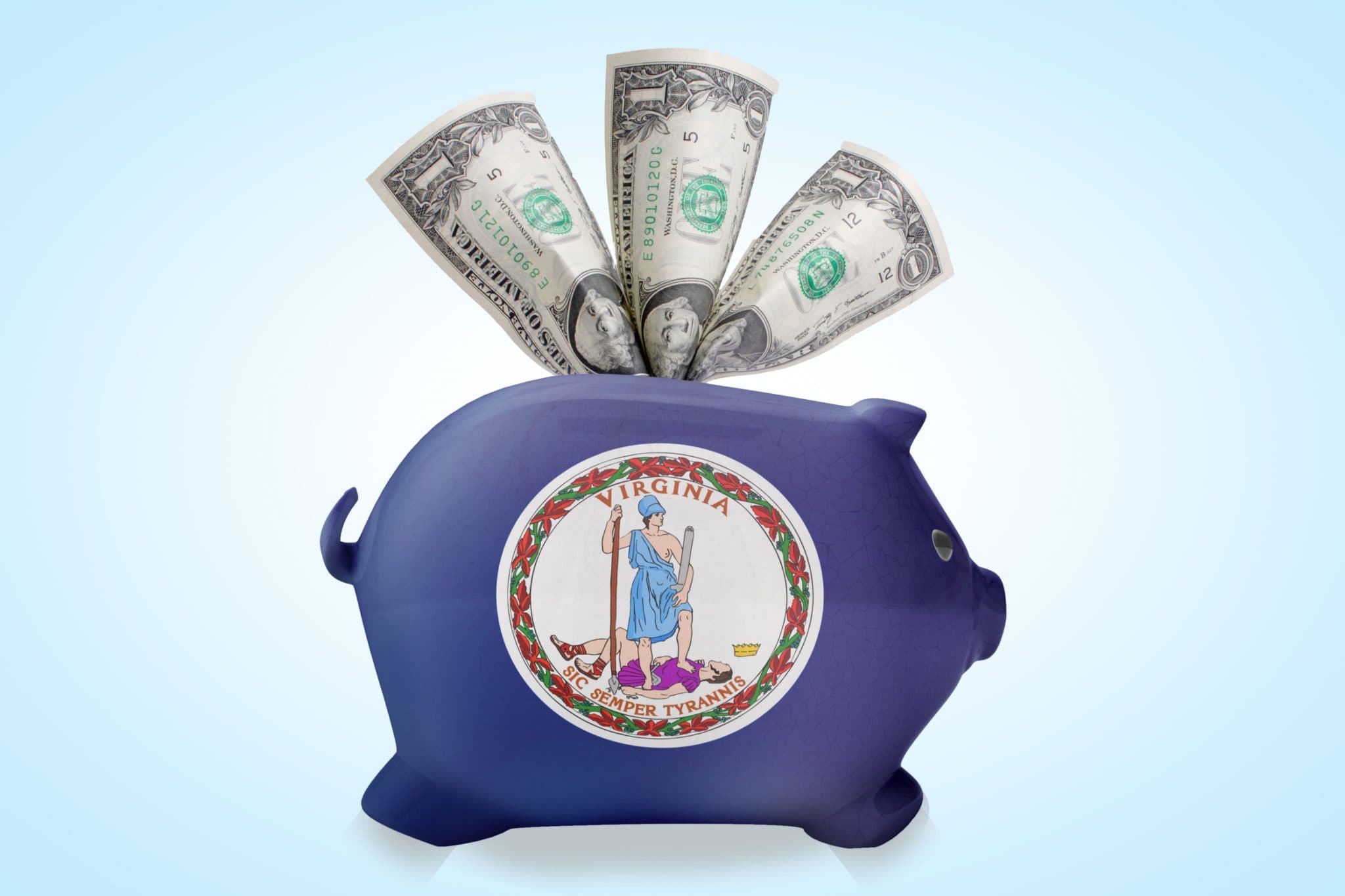The Commonwealth of Virginia passed state legislation in early 2019 in response to the Tax Cuts and Jobs Act which made significant changes to federal tax law. Eligible taxpayers may receive up to $110 for individuals and $220 for married filing joint filers.
Who is an Eligible Taxpayer?
To be eligible for the 2019 Tax Relief Refund from Virginia, taxpayers must have filed a 2018 individual income tax return with Virginia by July 1, 2019. The filed return may be a resident, nonresident, or part-year resident income tax return.
How is the Refund Calculated?
To calculate the amount of each taxpayer’s refund, the state will evaluate the 2018 individual tax return as filed for the amount of tax liability and take into account any credits applied. Tax liability refers to the amount of tax due before any credits, including amounts withheld, paid as estimates, or applied from prior years. If there was no tax liability, then the taxpayer will not be eligible for the Tax Relief Refund.
Once the tax return passes the tax liability test, then Virginia will look to see if any state credits have been applied. The credit evaluation includes but is not limited to: the Virginia Earned Income Credit, credit for taxes paid to another jurisdiction or other state credits. If the entire tax liability is eliminated through the application of credits, then the taxpayer will not be eligible for the Tax Relief Refund.
After the prior two evaluations are completed, the last evaluation includes determining if there is a debt setoff claim. If a taxpayer has any unpaid Virginia state tax, debts to local governments, courts, or other agencies, the refund will be withheld and applied in whole or part to those debts. If part of the refund is required to be withheld for a debt setoff, a note will be included on the check stub included with the Tax Relief Refund check. The taxpayer will receive a letter with details if the entire amount is required to be applied to outstanding debt.
When Will Checks Be Issued?
Paper checks will be issued by Virginia Department of the Treasury and will be mailed to taxpayer’s address of record by Tuesday, October 15th.
© 2019
Written by: Erin Kidd, EA
 Erin Kidd is the Tax Individual Practice Supervisor at Thompson Greenspon and has nearly a decade of tax experience specializing in individual taxation. Throughout her career, she has focused on simplifying complex tax issues and educating clients to maximize their tax benefits and plan for future events. Erin is responsible for the review of individual Federal and multi-state tax returns, managing the firm’s Military Spouse Remote Preparer Program, preparation of individual tax returns with international taxation and reporting requirements, and assisting with the resolution of client issues with Federal and State Taxing Authorities.
Erin Kidd is the Tax Individual Practice Supervisor at Thompson Greenspon and has nearly a decade of tax experience specializing in individual taxation. Throughout her career, she has focused on simplifying complex tax issues and educating clients to maximize their tax benefits and plan for future events. Erin is responsible for the review of individual Federal and multi-state tax returns, managing the firm’s Military Spouse Remote Preparer Program, preparation of individual tax returns with international taxation and reporting requirements, and assisting with the resolution of client issues with Federal and State Taxing Authorities.
Erin holds a Bachelor’s and Master’s Degree in Business Administration from Morehead State University, is an Enrolled Agent, a federally licensed tax preparer who has unlimited rights to practice before the IRS, and an Accredited Financial Counselor ®. She has been recognized by the Garrison Commands of West Point, NY and Fort Leavenworth, KS for her contributions to the military community for her work with the installations’ Volunteer Income Tax Assistance Centers.


